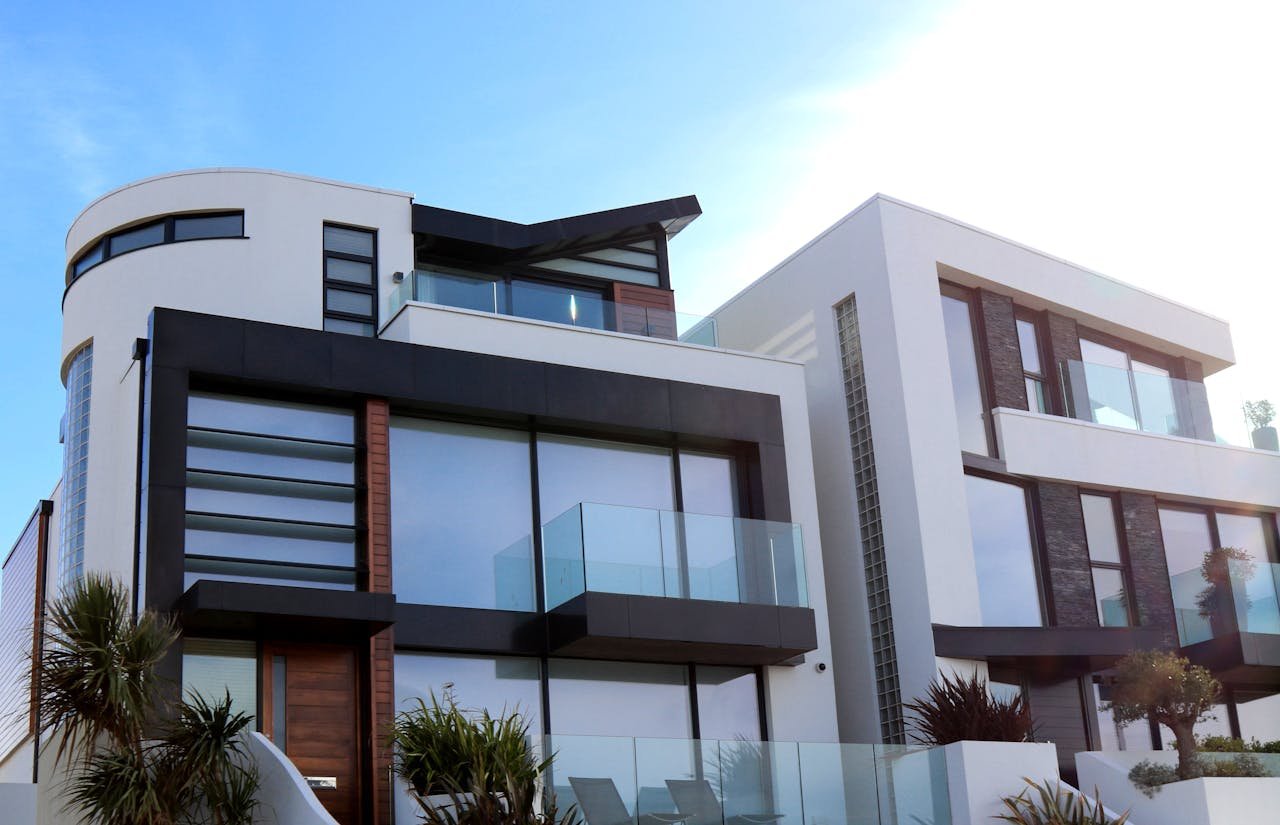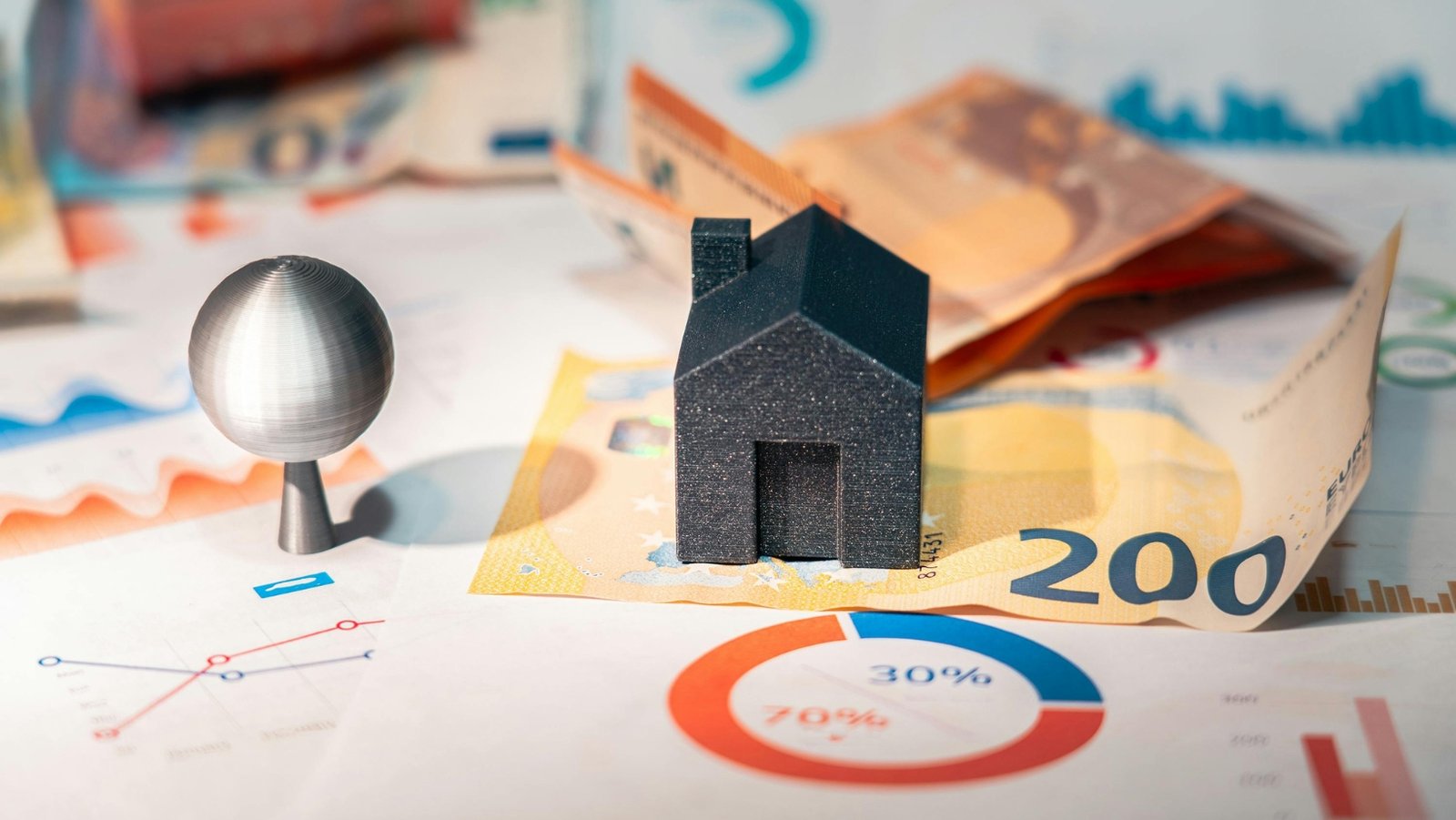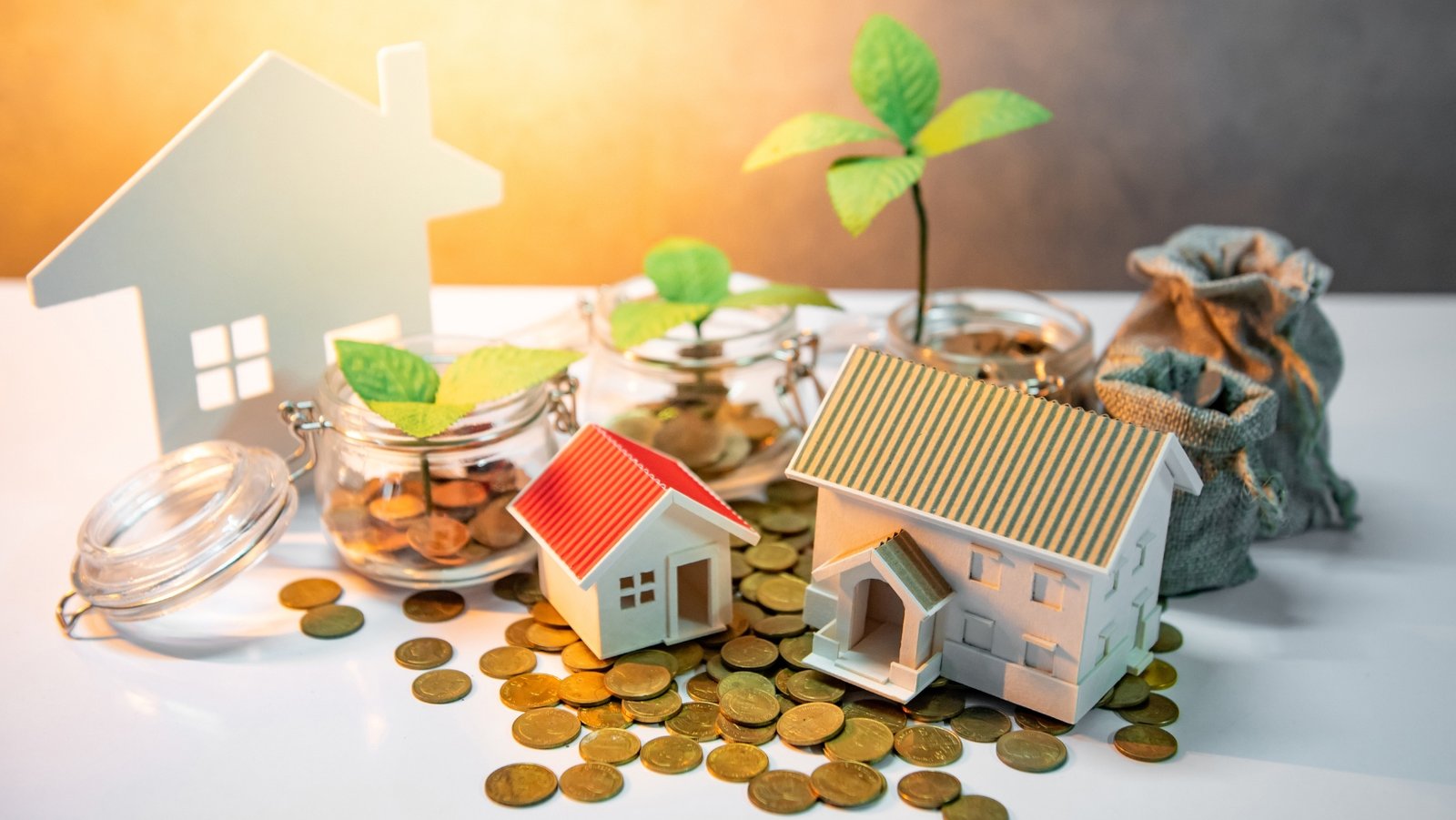Buying a property is one of the most significant financial decisions in a person’s life. Whether you are purchasing your first home or looking to expand your real estate portfolio, you must decide whether to invest in a dream home or an investment property. Both options offer unique advantages and potential risks, making it essential to analyze factors such as financial stability, long-term goals, and market conditions before making a choice.
This article explores the key differences between buying a dream home and an investment property, helping you make an informed decision based on your needs and aspirations.
Understanding the Difference: Investment Property vs. Dream Home
1. Dream Home: A Place for Comfort and Security
A dream home is a personal residence that reflects your lifestyle, preferences, and long-term vision. It is a place where you plan to live, raise a family, and create memories. When choosing a dream home, emotional factors often outweigh financial considerations.
2. Investment Property: A Source of Income and Wealth Building
An investment property, on the other hand, is purchased primarily to generate rental income and capital appreciation. These properties are not for personal use but are chosen based on factors such as return on investment (ROI), rental yield, and market demand.
To determine which option suits you best, let’s explore the key aspects of each.
1. Financial Considerations: Which is More Feasible?
Dream Home: Requires Long-Term Financial Stability
Purchasing a dream home requires substantial financial commitment, including:
✔ Higher Down Payment & Loan EMIs – Personal residences typically require significant savings for a down payment and monthly mortgage payments.
✔ Maintenance & Upkeep Costs – Homeowners must bear regular maintenance expenses, repairs, and property taxes.
✔ No Immediate Returns – Unlike an investment property, a dream home does not generate direct income.
📌 Example: Suppose Rohit, a salaried professional, earns ₹1.5 lakh per month and wants to buy a ₹1.2 crore dream home in Panchkula. He takes a home loan, which requires ₹25 lakh as a down payment, with an EMI of ₹80,000 per month. Since the house is for self-use, he will not earn any direct returns, but the value may appreciate over time.
Investment Property: Focus on Returns and Cash Flow
Investment properties are purchased with financial returns in mind. Key financial factors include:
✔ Rental Income – Properties in high-demand areas generate passive income through rent.
✔ Tax Benefits – Investors can avail tax deductions on mortgage interest, property depreciation, and maintenance costs.
✔ Capital Appreciation – If chosen wisely, the property value appreciates over time, providing long-term gains.
📌 Example: Priya, an investor, buys a ₹80 lakh apartment in Zirakpur and rents it out for ₹25,000 per month. After covering her loan EMI of ₹40,000, maintenance, and taxes, her out-of-pocket expense is ₹15,000. However, over the next 10 years, her property appreciates to ₹1.5 crore, resulting in a significant profit when she sells.
🏆 Winner: Investment Property – If you seek wealth creation and passive income, an investment property is the better financial choice.
2. Market Conditions: When Should You Buy?
Dream Home: Driven by Personal Needs & Lifestyle
When buying a home, personal circumstances, family size, job location, and comfort play a crucial role. Even if the market is slow, individuals may still choose to buy a dream home for long-term security.
📌 Example: Amit and his wife are expecting a baby and want a safe, spacious, and well-located home in Sector 20, Panchkula. Even though property prices are slightly high, they decide to buy now because their family’s comfort is a priority.
Investment Property: Timing the Market Matters
Investors must carefully analyze market conditions before purchasing. Buying in a low market and selling during a high market phase maximizes returns.
📌 Example: Rajesh, a real estate investor, studies trends and notices that property prices in Mohali are undervalued but expected to rise due to upcoming infrastructure projects. He buys early and sells five years later for a 50% profit.
🏆 Winner: Investment Property – Strategic buying based on market trends can yield significant profits.
3. Emotional vs. Practical Decision-Making
Dream Home: An Emotional Purchase
Most buyers develop a personal attachment to their home. They choose based on factors like:
✔ Neighborhood & Social Circle
✔ Personalized Interiors & Design
✔ Proximity to Work & Schools
📌 Example: Meena, a marketing professional, wants a sea-facing apartment in Mumbai. Despite a high price, she buys the home because it aligns with her dream lifestyle.
Investment Property: A Practical, Numbers-Driven Approach
Investors base their decisions on financial returns rather than emotions. They focus on:
✔ Rental Yield (%)
✔ Market Growth Potential
✔ Cost vs. Expected Profit
📌 Example: A businessman, Sameer, purchases a commercial property in Zirakpur purely for rental income and resale value. He does not care about personal preferences like design or view.
🏆 Winner: Investment Property – Smart investors detach emotions and focus on ROI.
4. Long-Term Gains & Wealth Creation
Dream Home: Limited Financial Growth
While home values appreciate, they do not generate income unless sold. Additionally, personal residences require ongoing maintenance and property tax payments.
Investment Property: Compounds Wealth Over Time
Investment properties can be sold at a profit, rented for passive income, or used to buy additional properties.
📌 Example: A real estate investor buys 3 properties in Chandigarh and rents them out. Over time, rental earnings fund future purchases, creating a self-sustaining property portfolio.
🏆 Winner: Investment Property – For wealth-building, investments outperform personal residences.
Final Verdict: Which Should You Buy?
Choose a Dream Home If:
✔ You prioritize comfort, family security, and personal space.
✔ You are financially stable and can afford high EMIs.
✔ You want to settle in one location for the long term.
Choose an Investment Property If:
✔ You seek financial growth, passive income, and wealth creation.
✔ You are willing to take calculated risks for higher returns.
✔ You can manage multiple properties and tenants.
Conclusion: Find the Right Balance
If finances allow, the ideal strategy is to do both—first secure a stable home, then gradually expand into real estate investments. This way, you enjoy the comfort of a dream home while growing wealth through investment properties.
At BDS Properties, we specialize in both residential and investment properties in Panchkula, Zirakpur, and Chandigarh. If you’re looking for expert advice on buying property, reach out to us today!



